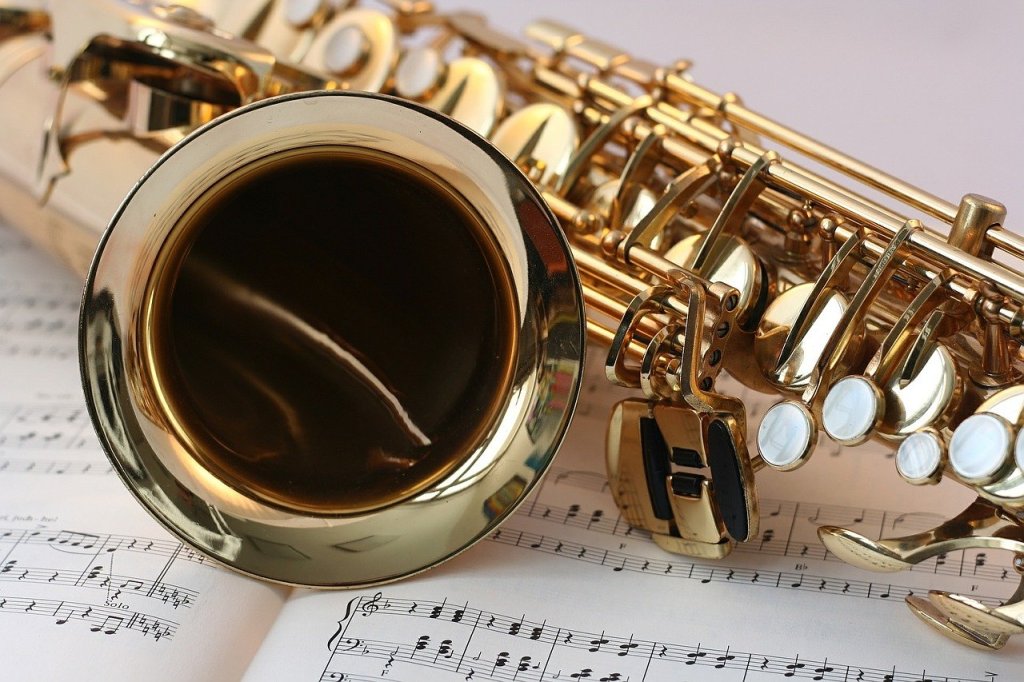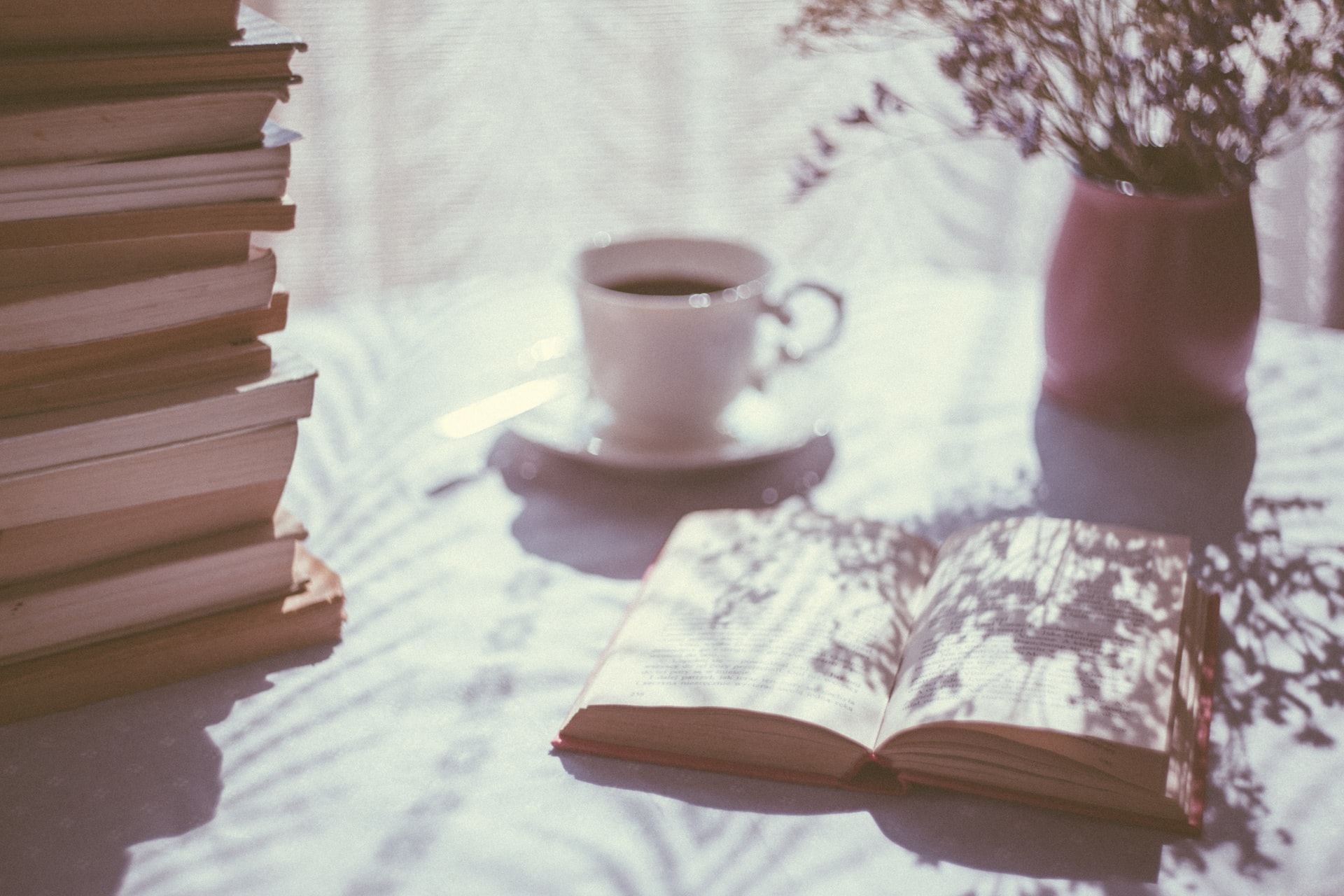
It is officially Black History Month – a time to celebrate the rich cultural tapestry, resilience, and achievements of individuals throughout Black history. And yes, while that should happen every day; because February is officially designated as Black History Month, I feel it’s only right that I acknowledge it with a specific post.
Unquestionably, there is a plethora of resources and literature on various black history topics, which means there is no way to make a definitive list. However, I wanted to share a few films, television shows, music, and books that have shaped the last decade of black history and culture.
Here is a curated list of must-see films, television shows, albums, and books to explore this Black History Month.
Films:
- Black Panther – Marvel’s groundbreaking superhero film not only shattered box office records but also brought Afrofuturism to the forefront.
- 12 Years a Slave – Based on Solomon Northup’s memoir, the Academy Award-winning film for Best Picture, offers a raw portrayal of slavery in America, while showcasing the resilience and strength of the human spirit.
- Moonlight – Another Best Picture winner, Moonlight is a poignant coming-of-age story that explores identity, toxic masculinity, and love within the Black gay community.
- Selma – Chronicling the historic 1965 marches from Selma to Montgomery for voting rights, this film is a stirring reminder of the tireless fight for civil rights led by Dr. Martin Luther King Jr.
Television Shows:
- When They See Us – This gripping miniseries by Ava DuVernay tells the harrowing true story of the Central Park Five, nee The Exonerated Five, highlighting the many racial injustices and flaws within the criminal justice system.
- Dear White People – A witty and insightful satire, this Netflix series delved into the experiences of Black students at a predominantly white Ivy League university, tackling issues of race, identity, and activism.
- The 1619 Project – Adapted from a New York Times journalism project, the six-episode anthology series is a blistering and unflinching examination of slavery in the United States through various themes and cultural expressions.
- Black-ish – Created by Kenya Barris, Black-ish offered a humorous yet insightful exploration of contemporary Black family life, addressing social issues with wit and warmth. A must-watch for its blend of comedy and cultural commentary.
Albums:
- To Pimp a Butterfly by Kendrick Lamar – A masterful blend of jazz, funk, and hip-hop, Kendrick Lamar’s magnum opus explores themes of racial inequality, identity, and self-discovery with poetic lyricism and musical innovation. Also, he was totally robbed at the Grammys for Album of the Year (just saying…).
- Lemonade by Beyoncé – Through a stirring mix of genres, including R&B, pop, and country, Beyonce’s visual album is a powerful ode to Black womanhood, showcasing various themes, including love, betrayal, resilience, and empowerment.
- Ctrl by SZA – Before the career-defining success of SOS, there was Ctrl, SZA’s debut studio album. A raw and vulnerable exploration of love, heartbreak, and self-discovery, the album features soulful vocals and introspective lyrics.
- Black Panther: The Album by Various Artists – Curated by Kendrick Lamar, the soundtrack to the billion-dollar Marvel film is a musical celebration of Black excellence and African culture, featuring a diverse lineup of artists and genres.
Books:
- Between the World and Me by Ta-Nehisi Coates – Coates’ powerful and intimate letter to his son explores the realities of being Black in America, tackling issues of racism, identity, and systemic oppression.
- The Hate U Give by Angie Thomas – This groundbreaking YA novel follows the aftermath of a police shooting through the eyes of black teenager Starr Carter. It offers a raw and unflinching look at race relations and activism.
- Homegoing by Yaa Gyasi – Gyasi’s sweeping debut novel follows the descendants of two half-sisters, one sold into slavery and the other married off to a British slave-owner. Spanning continents and centuries, Homegoing offers a profound exploration of the intergenerational trauma of slavery and the enduring legacy of family ties.
- The Underground Railroad by Colson Whitehead – This Pulitzer Prize-winning novel reimagines the Underground Railroad as a literal train network, following the journey of a young enslaved woman named Cora. Whitehead’s gripping storytelling shines a light on the harrowing realities of slavery while infusing elements of magical realism.
Whether on screen, in music, or through literature, there is a wealth of wisdom and creativity to explore this Black History Month. Let us take the time to honor and uplift these diverse voices, stories, and contributions and remember to celebrate Black excellence not just in February, but every day of the year.





